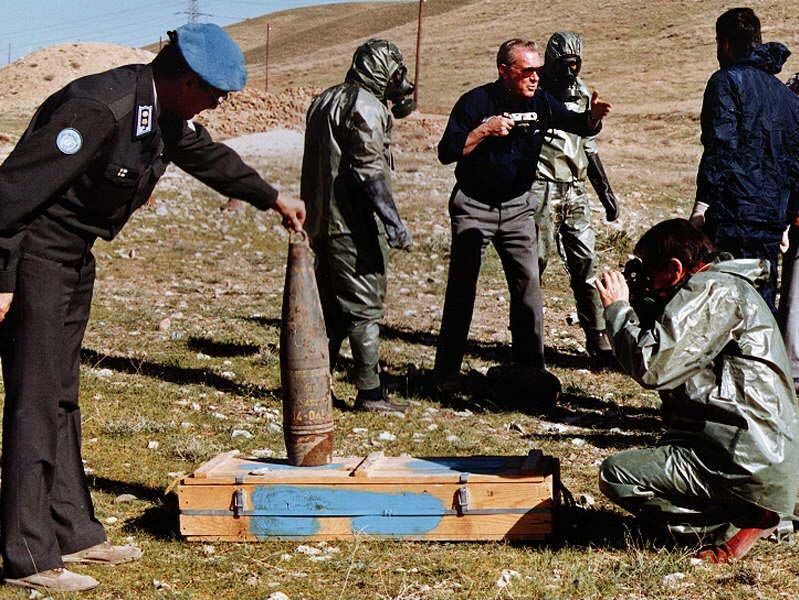In this discussion, “Foggy Bottom and the Fog of War” several observers explore what is gained or lost when the secretary of defense takes a back seat to the secretary of state in pursuing military interventions.
- Should we follow Samantha Power’s lead and “weaponize human rights?”
- Do career incentives for the use of force skew Washington policy for the worse?
- Did Presidential dysfunction, resulting in the marginalization of Sec State Colin Powell undermine the Powell Doctrine–limiting the use of force except for in extraordinary circumstances–as Christopher O’Sullivan notes?
- Is the State Department as an institution incapable of designing, owning, and implementing strategic? Should we have a stronger, better developed diplomatic core, as Kori Schake suggests?
- Do you agree that Vietnam is the “anti-diplomacy” example, where DOD tried (and failed) to be diplomats, under Robert S. McNamara’s leadership. (This notion is illustrated in the brilliant doc, The Fog of War.)
- via Diplomats Have Been Dropping Their Pens and Waving Guns – Room for Debate – NYTimes.com.
